|
From left to right: Ms. Vu Minh Nghia (Chin Nghia) and Ms. Nguyen Thi Bich Nga meet young people visiting the Saigon-Gia Dinh Special Forces Museum. (Photo: THE ANH) |
Lesson 1: Past and present
On October 20, 1976, the Party and State awarded the title of Hero of the People's Armed Forces to the Saigon-Gia Dinh special forces. Before that, the National Liberation Front of South Vietnam awarded the force 16 golden words: "Unity of one heart/ Unparalleled intelligence/ Great courage/ Unyielding loyalty".
Movies have only portrayed a part of their heroic and tragic stories. And the good news is that 50 years after the liberation, there are still commando soldiers living in the heart of the city, continuing to contribute to society, devoted to their comrades and teammates.
Every battle is a fight to the death
More than ten years ago, when I first came to the house in alley 496 Duong Quang Ham street, Go Vap district, Ho Chi Minh City to meet former female special forces soldier Vu Minh Nghia (aka Chin Nghia), I wondered: How could such ordinary people be so brave in combat and so courageous when imprisoned?
Ms. Chin Nghia was the only female soldier of Team 5, the unit that directly took charge of the attack on the Independence Palace - one of the five attack points that opened the General Offensive and Uprising of the Spring of Mau Than 1968 in the inner city of Saigon. “I decided to join the army because I followed the example of sacrifice of Nguyen Van Troi. I was extremely impressed and moved by his story, so at that time, I determined that I had to join a unit that operated like Mr. Troi, fighting in the inner city, even though I knew in advance that it would be difficult to avoid injuries, sacrifices, and imprisonment,” Ms. Chin Nghia recalled.
After the attack on the Independence Palace, Chin Nghia was arrested and spent six years in prison, suffering all kinds of torture from Thu Duc prison to Con Dao tiger cages, but still maintained his communist spirit. “As a commando soldier, if there is no secret base, it is impossible to carry out the mission. The enemy's purpose in torturing is only to exploit information about our base network. So I am always aware of having to protect the base because this is both a demonstration of the Vietnamese morality of remembering the source of water when drinking, and a demonstration of steadfast will - the only weapon we have left, once we fall into the enemy's hands,” said Ms. Chin Nghia.
That is also a special feature of the urban commandos because fighting in enemy territory, commandos are of all ages and all social classes. The commandos' network is widespread but extremely secretive, requiring the building of reliable bases to establish a foothold.
Powerless against the special forces' battles, the enemy frantically tried to exploit and dismantle this network using the most brutal means, but in the end they still failed. In 1973, the Paris Agreement was signed and in early 1974, Chin Nghia was returned to the arms of her comrades at Loc Ninh airport under the prisoner exchange program. In the spring of 1975, she returned to the Independence Palace for the first time after the resounding battle of the past, but this time in the victorious army.
Now nearly 80 years old, former female special forces soldier Chin Nghia has many grandchildren; her children have all become model citizens, continuing to work and contribute to the city that their parents shed blood to regain.
This time of year, the dry season in the South is as hot as fire. I met Mrs. Chin Nghia just as she was returning from a trip to call for support for her comrades in need. She is currently the Head of the Liaison Committee for Former Political Prisoners and Prisoners of War in Ward 6, Go Vap District.
In the spacious house that was rebuilt in 2024, she still respectfully placed a rare black and white photo commemorating her girlhood. It was also the photo she took a few days before the battle at the Independence Palace with the purpose: If I died, I would have a photo to worship. “I didn’t think I would still be able to see the city today, 50 years after liberation. I feel very proud, but also very emotional every time I pass by places that were old bases and old battlefields. I wish my boss and comrades were still alive to witness today,” Ms. Chin Nghia shared.
|
Ms. Vu Minh Nghia (Chin Nghia) and Ms. Nguyen Thi Bich Nga tell stories about joining the Saigon-Gia Dinh special forces. (Photo: THE ANH) |
Trusted force in all times
Sacrificing themselves before the day of total victory, passing away in later years due to poor health due to the after-effects of brutal torture while imprisoned, or due to old age and weakness, in short, many of the former commandos are no longer here.
These days of April, Ho Chi Minh City is splendidly decorated to welcome the important anniversary. In the activity room of the Traditional Resistance Club of the Armed Forces-Special Forces of the Saigon-Gia Dinh Military Region, located modestly in a corner of the Ho Chi Minh City Command, people still see Ms. Nguyen Thi Bich Nga, the acting President of the Club, busily going back and forth. The closer the big holiday gets, the more work needs to be done: From working with the affiliated liaison committees; coordinating with agencies, departments, and branches to inform and mobilize the construction of memorial and gratitude works; arranging schedules and assigning delegates to attend rallies, meetings..., and sometimes, calling each other to attend comrades' death anniversaries. Flipping through each page of the list of the Club's Executive Committee posted on the wall, I can't help but feel sad. Every year, there are more red lines of ink on the names of those who have passed away.
According to Ms. Bich Nga, the club used to have more than 2,300 people including leaders, commanders, cadres, soldiers and revolutionary bases, but now only has about 1,600 people.
“Tradition and friendship” is the motto of the club, which consists of people who went through life and death together in the past and now continue to devote themselves to society and their teammates. Since its establishment, the club has called for and mobilized to build and donate more than 300 houses of gratitude to members in difficult circumstances. On every holiday and Tet, the club visits and gives gifts to lonely and sick members.
Notably, in the 2020-2021 period, when the city was the epicenter of the Covid-19 pandemic, the club continued to call for and mobilize children and volunteers to actively contribute and support the epidemic prevention work. Still with the spirit of self-sacrifice regardless of danger of the commando soldiers, they were present on the front line against the epidemic, going to each neighborhood and area to distribute food to people in quarantine; volunteering to support doctors and nurses at field hospitals...
“We are always proud that whether in wartime or peacetime, we still maintain the spirit and stance of Saigon commandos, strictly comply with all policies and regulations of the Party and State, and are a trustworthy force of the Party committee and local government,” Ms. Bich Nga affirmed.
Saying goodbye to me in the hot noon, the petite woman hurriedly rushed into the busy traffic because she had a meeting in the neighborhood in the afternoon. Among the people going back and forth, did anyone know that this woman had volunteered to join the special forces since she was 15 years old, was a gunner who directly took on the task of shelling the Command Post of General William Westmoreland (Commander of the US Military Advisory Command in South Vietnam from 1964 to 1968) on January 13, 1967; and had also experienced the prisons of Chi Hoa and Con Dao.
This year, she is 74 years old, but she is still the Secretary of the Party Cell of Ward 4, Hung Phu Ward, District 8; still going to work early and coming back late for the people, for the community. “I believe that today's young generation of the city will continue to follow and do better than what we have done. The city has experienced pain when it was under the enemy's heel, hardships when rebuilding after the war, then developed and had periods of natural disasters and epidemics, but people's lives have improved day by day, the economy and society have flourished. We have a very proud past and present, but in the future, the young generation will certainly do better than us,” Ms. Bich Nga emphasized.
It is difficult to fully explain such silent but great people. 57 years after the shaking spring of 1968, 50 years after the victorious spring of 1975, the country is steadily entering the era of growth.
The commandos of the past are now all gray-haired, some still alive, some gone, but as long as they breathe, they are still passionate about their country, still devoted to their comradeship. That stream is still being nurtured for the next generations.
During the two resistance wars against France and the US, the Saigon-Gia Dinh special forces achieved hundreds of large and small victories, many of which had great resonance such as: Caravelle Hotel, My Canh restaurant, Brink residence, Puppet Police Headquarters, USS Card ship..., the peak of which was the General Offensive and Uprising in the Spring of Mau Than 1968.
With only nearly 100 commandos, the attacks of the Saigon commandos' inner city on five important enemy targets demonstrated the Vietnamese people's fierce will to resist, exposing the nature of the American war of aggression, truly a heavy blow to the "brain" of the American-puppet regime.
Nhandan.vn
Source: https://nhandan.vn/biet-dong-sai-gon-buoc-ra-tu-huyen-thoai-post870412.html


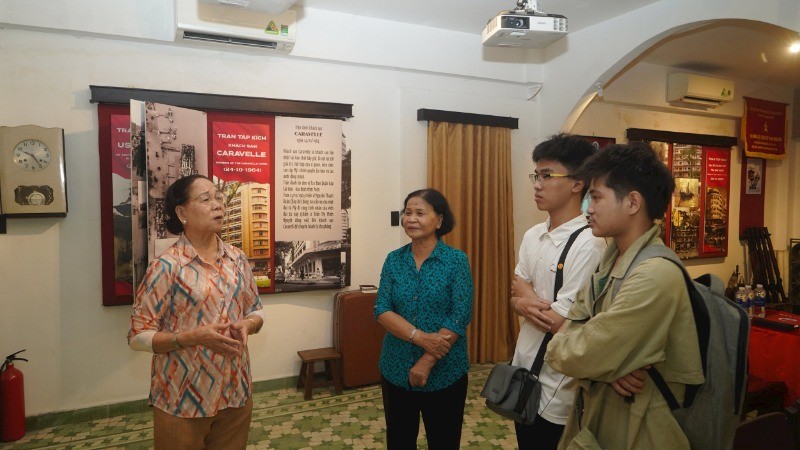
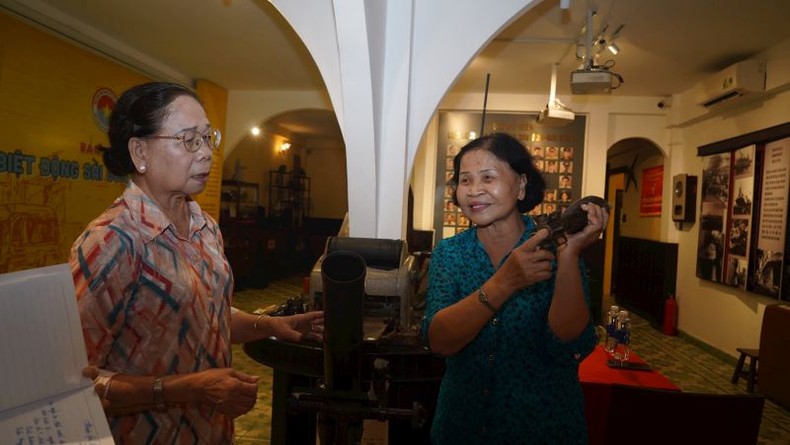


![[Photo] Prime Minister Pham Minh Chinh chairs meeting to discuss tax solutions for Vietnam's import and export goods](https://vstatic.vietnam.vn/vietnam/resource/IMAGE/2025/4/10/19b9ed81ca2940b79fb8a0b9ccef539a)

![[Photo] Unique folk games at Chuong Village Festival](https://vstatic.vietnam.vn/vietnam/resource/IMAGE/2025/4/10/cff805a06fdd443b9474c017f98075a4)


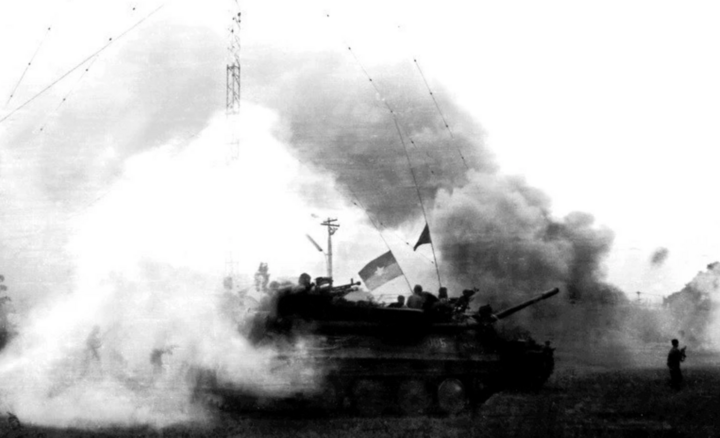

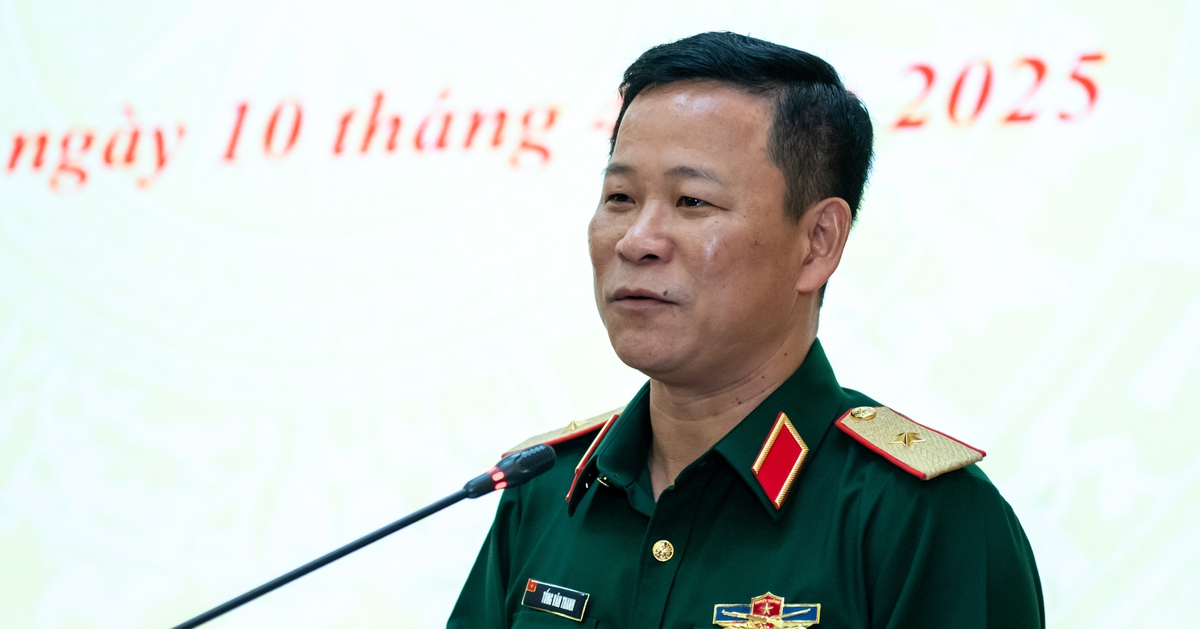

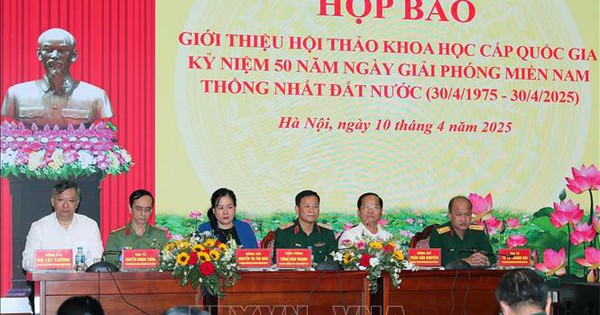

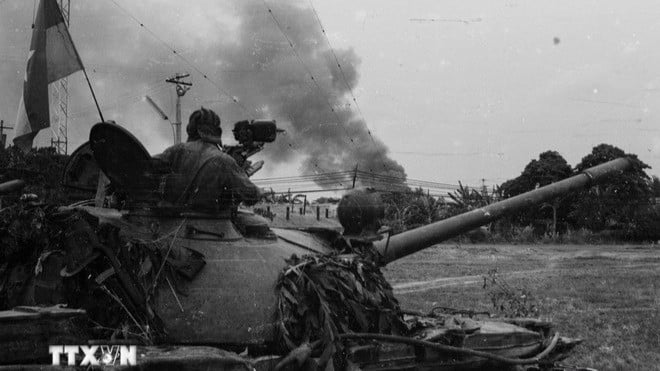

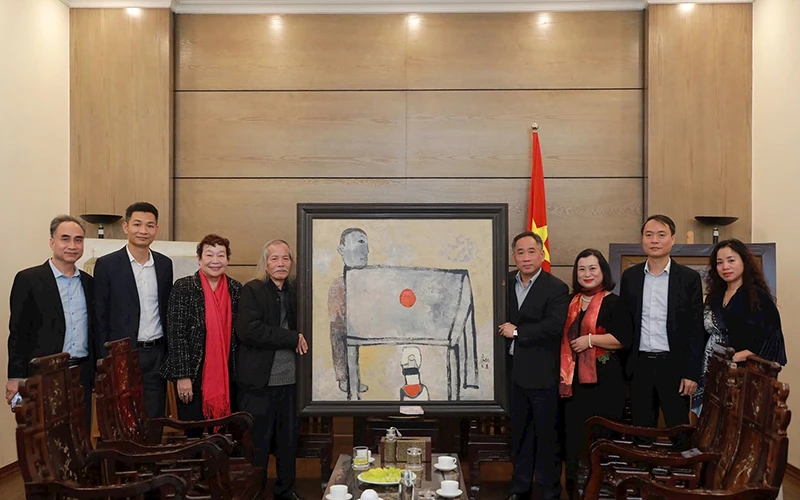
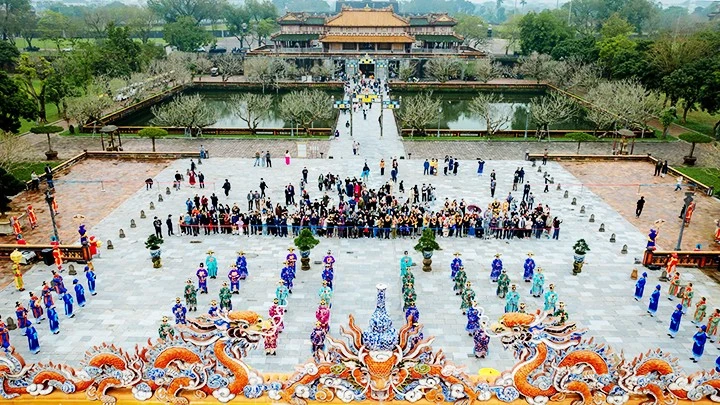
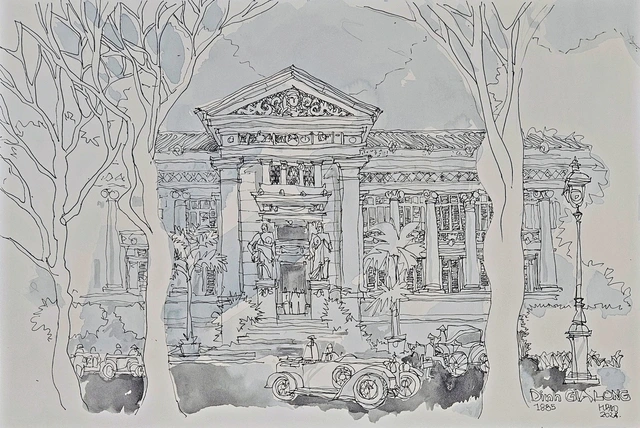







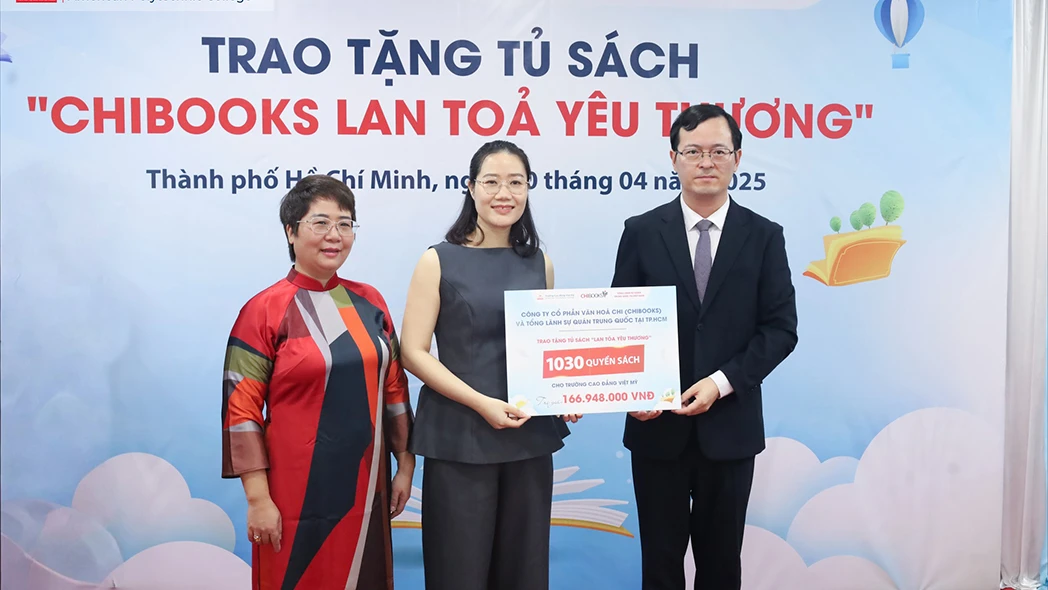
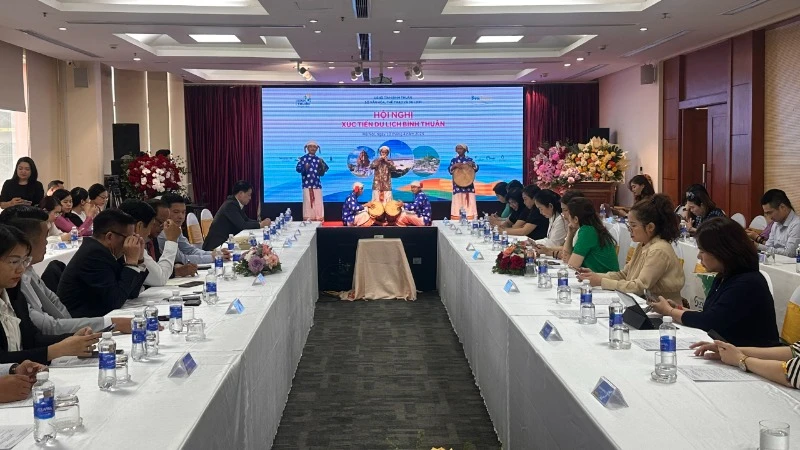
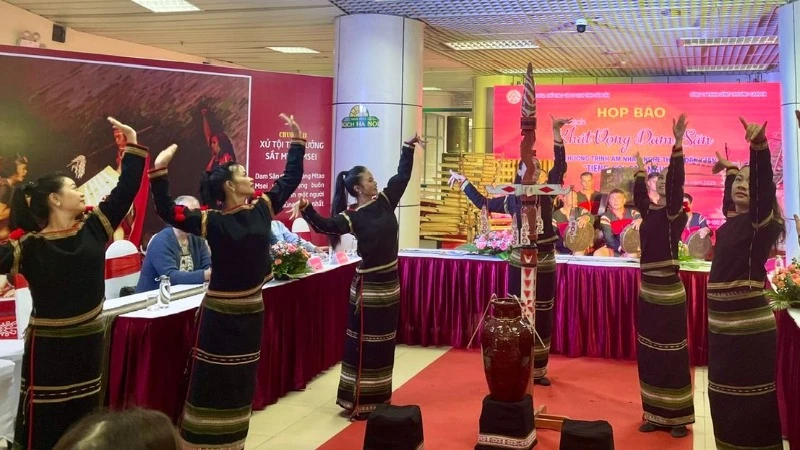
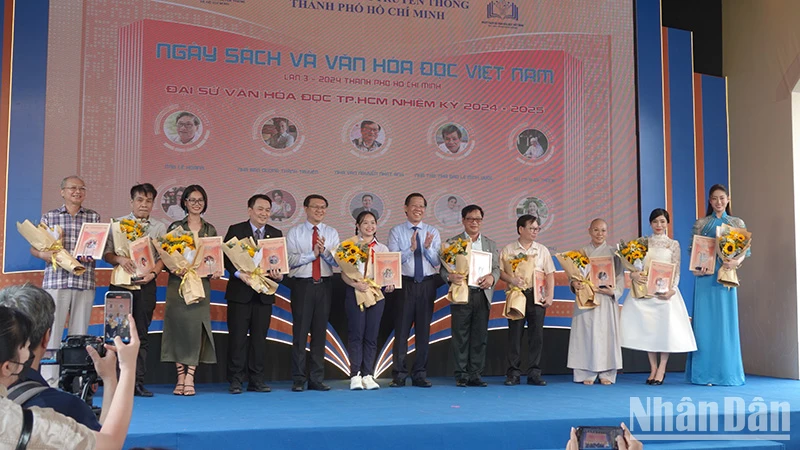











































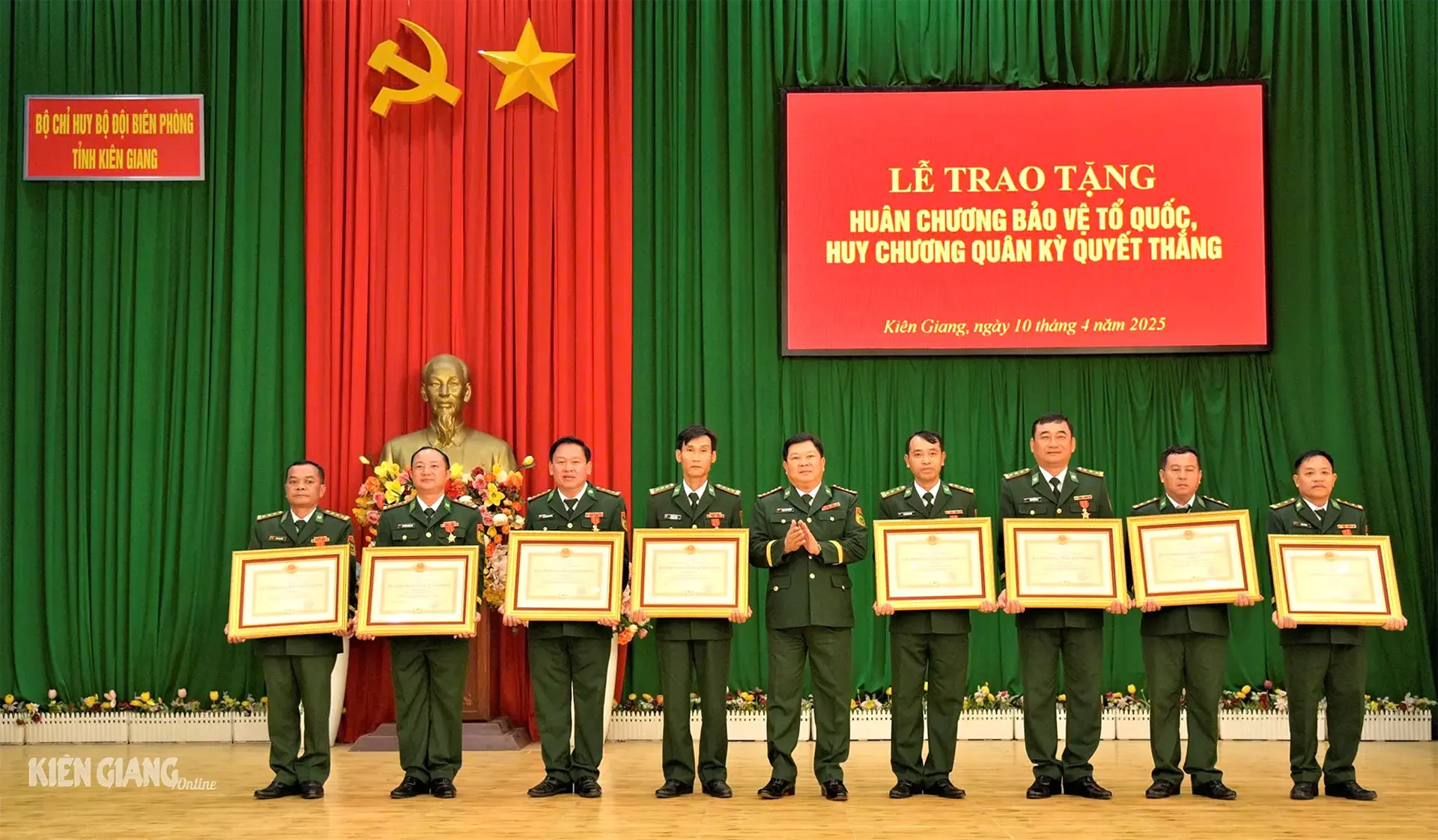






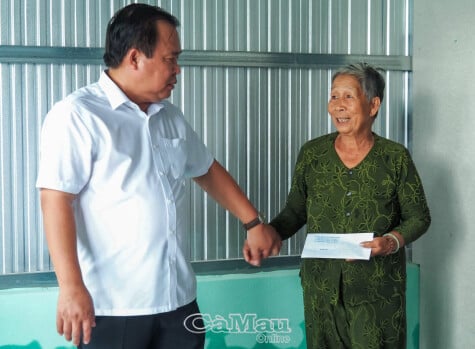










Comment (0)